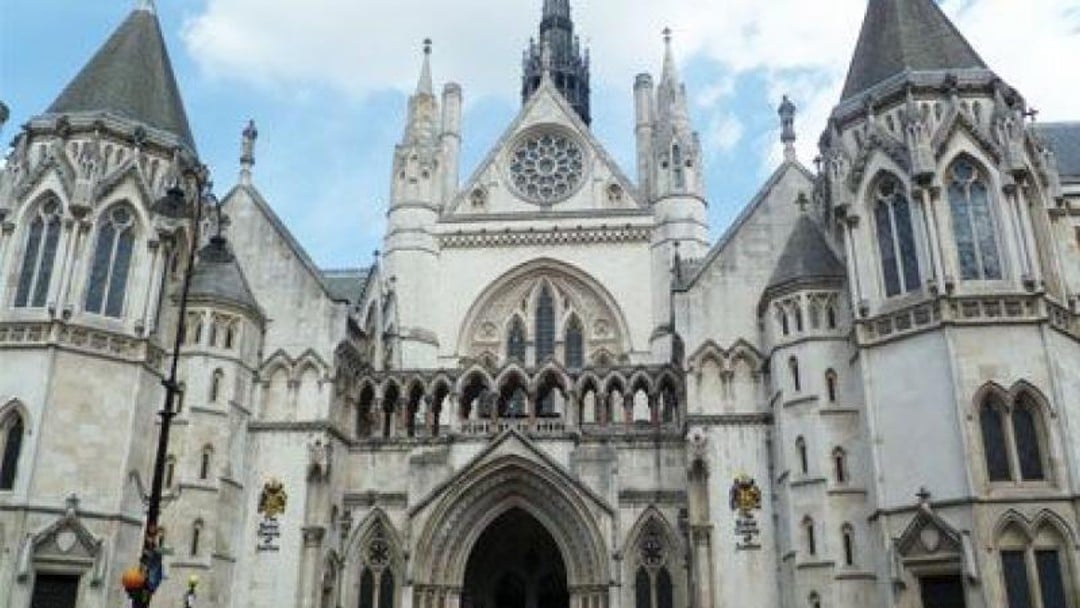Appeal judges back solicitors who act for clients without ATE

Paying disbursements 'does not incur any potential liability' to costs orders
Personal injury lawyers who agree to act on conditional fees for clients without ATE and pay disbursements if cases are lost do not make themselves liable for adverse costs orders, the Court of Appeal has ruled.
Lord Justice Leveson said although the applications in question related to discovery, the underlying issue was whether solicitors could fund litigation for clients "of limited means" lacking ATE policies without having to pay successful defendants' costs.
Leveson LJ said that although both cases arose before LASPO, the same costs' issues would continue to arise.
"Indeed, in one sense, they may become more acute if defendant's insurers can undermine the principle of qualified one way costs shifting (which will limit recovery of costs by insurers in failed personal injury actions) by pursuing the solicitors acting for the claimant who fails."
Delivering judgment in Flatman v Germany [2013] EWCA Civ 278, Leveson LJ said "the core of the appeal" involved the meaning of "expenses" under Section 58 (2)(a) of the Courts and Legal Services Act 1990.
Counsel for Germany argued that disbursements could not be included under this category or made "the subject of payment by the client conditional on success".
Counsel for Flatman and the QC for the Law Society, which intervened in the case, argued that once a solicitor paid for a disbursement, such as a court fee or medical record, it became an expense and "can be subject to a prior agreement that it will not have to be reimbursed (as opposed to a subsequent decision that it is not worth pursuing)."
Leveson LJ concluded: "In my judgment, therefore, the legislation does visualise the possibility that a solicitor might fund disbursements and, in that event, it would not be right to conclude that such a solicitor was 'the real party' or even 'a real party' to the litigation.
"That much is also clear from the fact that solicitors are entitled to act on a normal fee or conditional fee for an impecunious client whom they know or suspect will not be able to pay own (or other side's costs) if unsuccessful."
Lord Justice Leveson said he agreed with the principle advanced by the Law Society and counsel for Flatman that "payment of disbursements, without more, does not incur any potential liability to an adverse costs order".
However, on the issue of disclosure, he said that although the basis on which the trial judge, Mr Justice Eady, ordered disclosure was not justified in law, the evidence which had emerged did justify it and the order had been complied with. He dismissed both Flatman's appeals on the discovery issue.
Lucy Scott-Moncrieff, president of the Law Society, said the type of fee arrangements which featured in the case "assist access to justice for litigants who cannot afford to bring the litigation themselves, often in the field of housing law, personal injury and trade union cases and are particularly important in a climate where so many cuts have been made to public funding."
She went on: "Measures like this have been adopted by solicitors to facilitate access to justice and they would be acting under such circumstances only where they viewed the claim as being likely to succeed.
"The significance of the case is that it enables solicitors to address problems that their clients face in funding meritorious claims."

